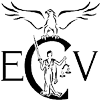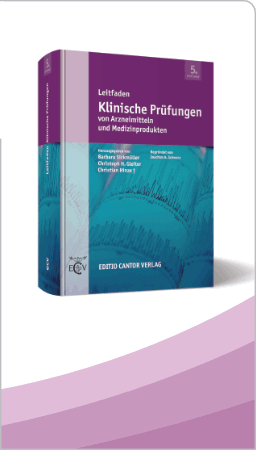Unravelling of molecular bottlenecks in pharmaceutical production cell lines
Biotechnologie
Zusammenfassung
Analyse molekularer Engpässe in pharmazeutischen Produktionszelllinien
Innerhalb der Wirkstoffgruppe therapeutischer Proteine stellen monoklonale Antikörper (mAbs) eine der vielversprechendsten Behandlungsmethoden unterschiedlicher Krankheitsbilder dar. Kommerzielle Produktionsverfahren erlauben dabei eine routinemäßige Herstellung des aktiven Wirkstoffs im Maßstab mehrerer Gramm pro Liter. Dennoch zeigt sich für einige Molekülkandidaten der zelluläre Herstellungsprozess als limitierender Faktor. Besonders die stetig steigende Anzahl künstlicher, antikörperabgeleiteter Moleküle stellt zelluläre Produktionssysteme wie Chinese-hamster-ovary(CHO)-Zelllinien vor Herausforderungen. Um eine wirtschaftlich effiziente Herstellung auch für innovative Biopharmazeutika sicherzustellen, müssen zelluläre Ursachen für eine eingeschränkte Proteinexpression identifiziert und behoben werden. Zur Analyse einzelner Produktions- und Prozessierungsschritte des Antikörpers während der zellulären Synthese, wurde eine hochdurchsatzfähige Mikroskopiemethode entwickelt. Mithilfe dieser experimentellen Methode konnte für ein schwer zu exprimierendes Protein eine vermehrte Akkumulation im endoplasmatischen Retikulum (ER) nachgewiesen werden. In detaillierteren molekularbiologischen Analysen konnte gezeigt werden, dass eine intrazelluläre Disulfidbrücke der leichten Kette des Antikörpers nicht ausgebildet werden konnte, möglicherweise bedingt durch die fehlende Erkennung des benötigten Disulfid-Isomerase-Chaperons. Diese Erkenntnisse bilden die Grundlage für nachfolgende molekularbiologische Verbesserung von Produktionszelllinie für die Herstellung therapeutischer Proteine.
Abstract
Monoclonal antibodies (mAbs) represent a class of therapeutic proteins which are highly potent to treat diverse diseases. Although most mAbs can routinely be produced in the multigram per litre range, some candidates turn out to be difficult-to-express (DTE). Additionally, the class of artificial antibody-derived formats is permanently increasing. Chinese hamster ovary (CHO) cell lines are the main production host for therapeutic proteins; however, they often show low performance for artificial and sometimes even
Schließen Sie hier ein Abonnement ab und profitieren Sie von den vielseitigen Nutzungsmöglichkeiten.





